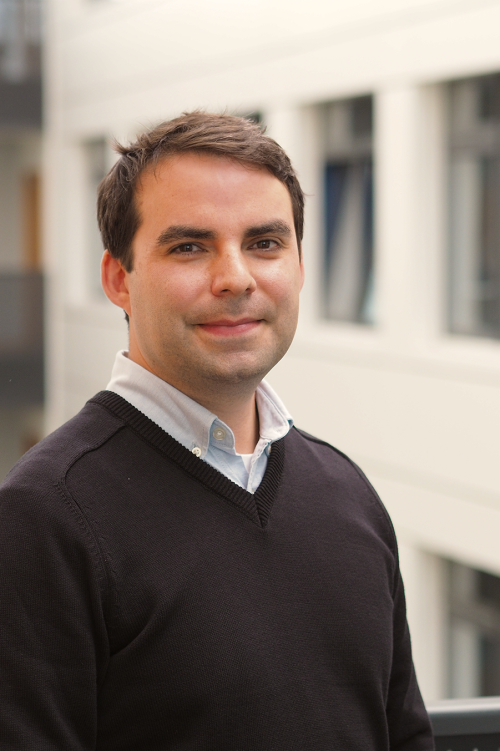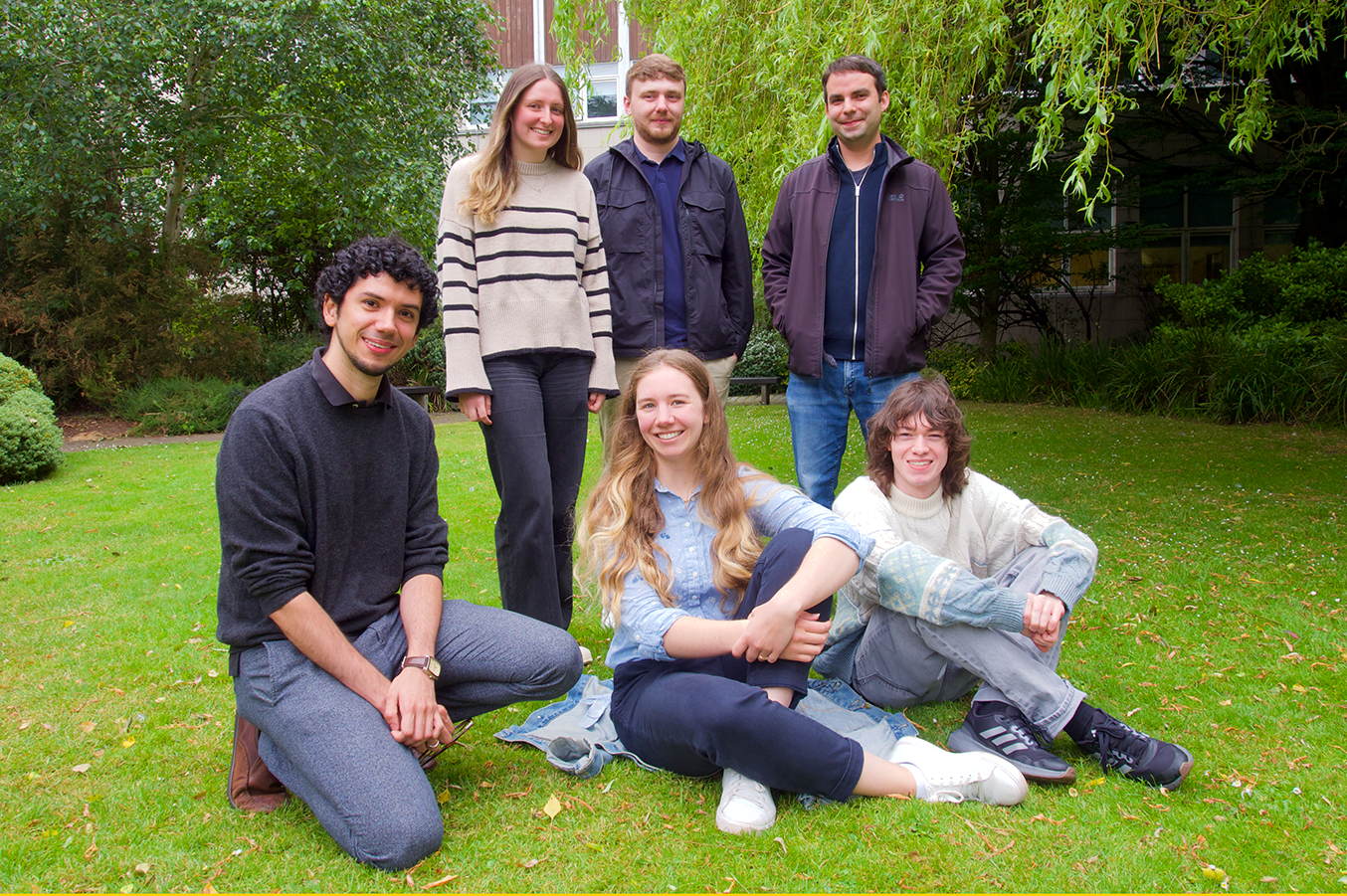Topic: Ubiquitin-like signalling in the immune system
In response to viral infection, cells launch sophisticated defence mechanisms to combat the invading pathogen. The antiviral state is one mechanism that results from global changes in gene expression and extensive remodelling to the landscape of post-translational modifications. Ubiquitin (Ub) and ubiquitin-like protein (Ubl) modifications are crucial signals in this defence response, and therefore, the misregulation of these signalling pathways can have dire consequences, namely increased disease severity.
A central player of the antiviral state is a ubiquitin-like protein, ISG15, which marks thousands of proteins in response to viral infection. To evade this defence response, many viruses suppress ISG15 signalling by removing these modifications with viral proteases. However, despite their abundance and clear viral evasion strategies, the roles of ISG15 modifications remain surprisingly enigmatic. We are fascinated by ISG15's role in the antiviral state and excited to study this underexplored area of innate immune signalling. The long-term goal of the Swatek lab is to visualize the ISG15 system and understand the roles of these modifications in the antiviral state.
Current research focus:
- Structural analysis of the writers, readers, and erasers of the ISG15 system
- Immunomodulatory functions of ISG15
- Viral manipulation of the ISG15 pathway
- State-of-the-art method development to study Ub/Ubl modifications
Our research has already revealed fascinating new insights into Ub/Ubl biology and exposed unexpected viral evasion strategies. These discoveries have prompted us to rethink the arms race during pathogenesis, including how the host defends against viruses and how viruses escape the host defence systems. We believe our findings have only scratched the surface and that many unexpected and exciting discoveries are still to come, some of which may lead to the development of new therapeutics.
Values
We are committed to building a lab culture that actively promotes equality, diversity, and inclusion to make progress in science. This commitment will foster a creative and supportive environment that encourages individuals to think freely, express themselves openly, and exchange ideas with mutual respect. We welcome applicants from underrepresented and disadvantaged backgrounds. If you are interested in joining the team, please get in touch.



